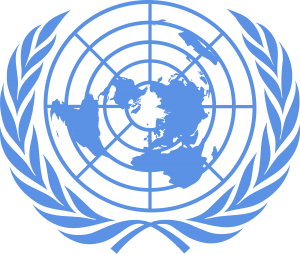Sunday, 19 November
Extracts from the message of Pope Francis and a reflection by Fr Sean Healy SMA
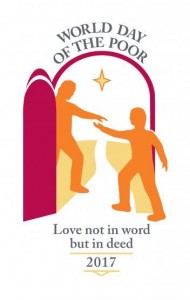 ‘Let us love, not with words, but with deeds.’
‘Let us love, not with words, but with deeds.’
‘This poor man cried, and the Lord heard him’ (Ps 34:6). The Church has always understood the importance of this cry. We possess an outstanding testimony to this in the very first pages of the Acts of the Apostles, where Peter asks that seven men, ‘full of the Spirit and of wisdom’ (6:3), be chosen for the ministry of caring for the poor. This is certainly one of the first signs of the entrance of the Christian community upon the world’s stage: the service of the poor.
We may think of the poor simply as the beneficiaries of our occasional volunteer work, or of impromptu acts of generosity that appease our conscience. However good and useful such acts may be for making us sensitive to people’s needs and the injustices that are often their cause, they ought to lead to a true encounter with the poor and a sharing that becomes a way of life.
Saint John Chrysostom’s admonition remains ever timely: ‘do not honour the Eucharistic Christ with silk vestments, and then, leaving the church, neglect the other Christ suffering from cold and nakedness.’
This Day is meant, above all, to encourage believers to react against a culture of discard and waste, and to embrace the culture of encounter. At the same time, everyone, independent of religious affiliation, is invited to openness and sharing with the poor through concrete signs of solidarity and fraternity.
This Sunday, if there are poor people where we live who seek protection and assistance, let us draw close to them: it will be a favourable moment to encounter the God we seek. Following the teaching of scripture (cf. Gen 18:3-5; Heb 13:2), let us welcome them as honoured guests at our table; they can be teachers who help us live the faith more consistently.
This new World Day, therefore, should become a powerful appeal to our consciences as believers, allowing us to grow in the conviction that sharing with the poor enables us to understand the deepest truth of the gospel. The poor are not a problem: they are a resource from which to draw as we strive to accept and practise in our lives the essence of the gospel.
* * *
Fr Sean Healy, director of Social Justice Ireland, reflects on the challenges of poverty in Ireland today
Ireland’s economy is growing and there are improvements on many fronts. Employment is rising, unemployment is falling and the population is growing, with the likelihood that the country will have more than five million people within a decade.
However, a quarter of Ireland’s population (1.2 million people) are experiencing poverty or social exclusion. Of these, 308,000 are children under 16. Ireland also faces other major challenges; the most significant being the serious deficits in infrastructure and services, and the urgent need to address climate change on the scale required. These challenges are exacerbated by threats associated with Brexit.
There is an urgent need for increased investment in social housing, affordable childcare, rural broadband, climate change mitigation, education and healthcare services, regional development, and employment, among many other areas.
These challenges are of such a scale that they cannot be resolved during a single term of office of Government. They highlight the need for Government to set out a long-range plan on what is to be achieved in these areas over the coming ten-year period and to get agreement on sequencing these developments, as they cannot all be delivered in the short-term.
It would be very important to engage with civil society in this process as societal acceptance of decisions on issues such as the prioritising and sequencing of developments is critical if they are to be implemented successfully.
The key fact that needs to be noted here is that Ireland is not a poor country. We are among the richest nations in the world. All the challenges facing Irish society could be addressed effectively. World Day of the Poor provides an opportunity for all Irish people to reflect on the kind of society that is emerging and of what needs to be done to provide a fairer future for all.
Social Justice Ireland sets out viable solutions to all of these challenges on its website: www.socialjustice.ie.
(This article appeared in the November 2017 issue of Intercom. Intercom is a Catholic pastoral and liturgical resource magazine published by Veritas Group, an agency of the Irish Catholic Bishops’ Commission on Communications.)
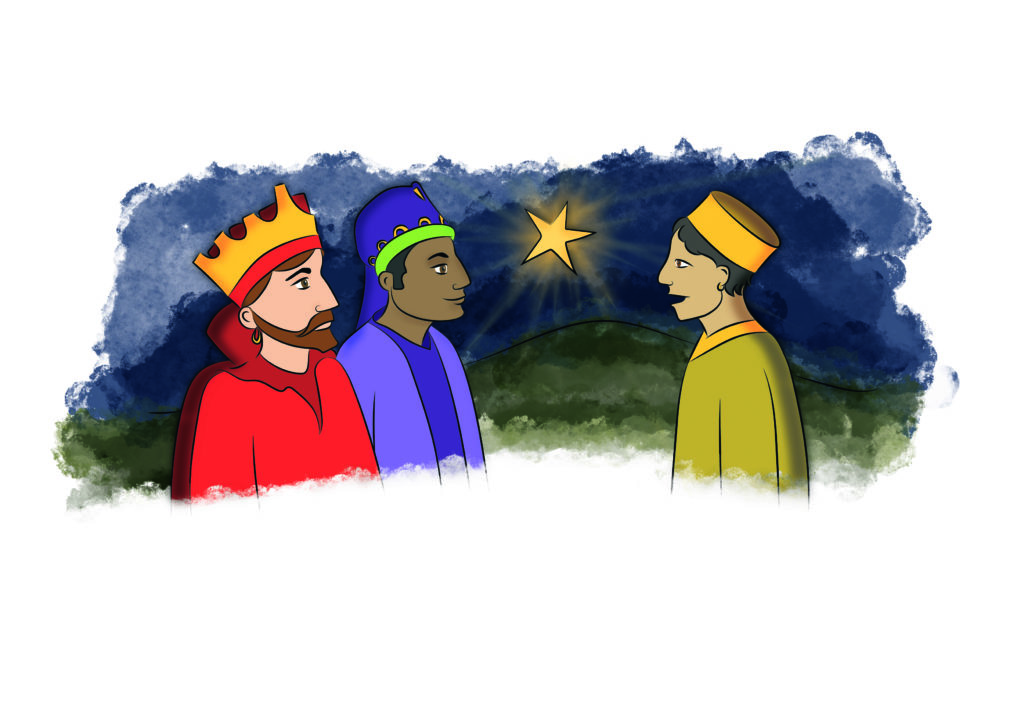

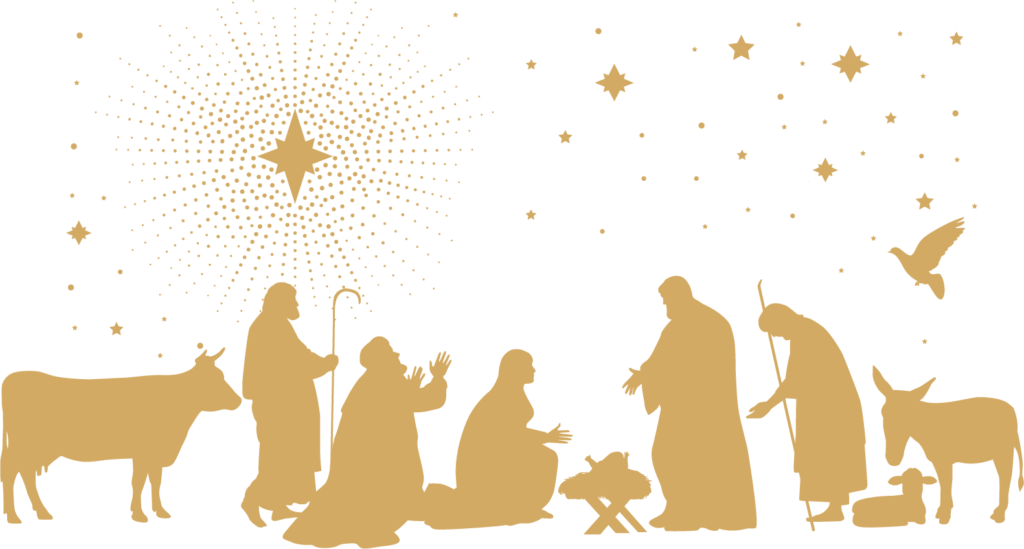

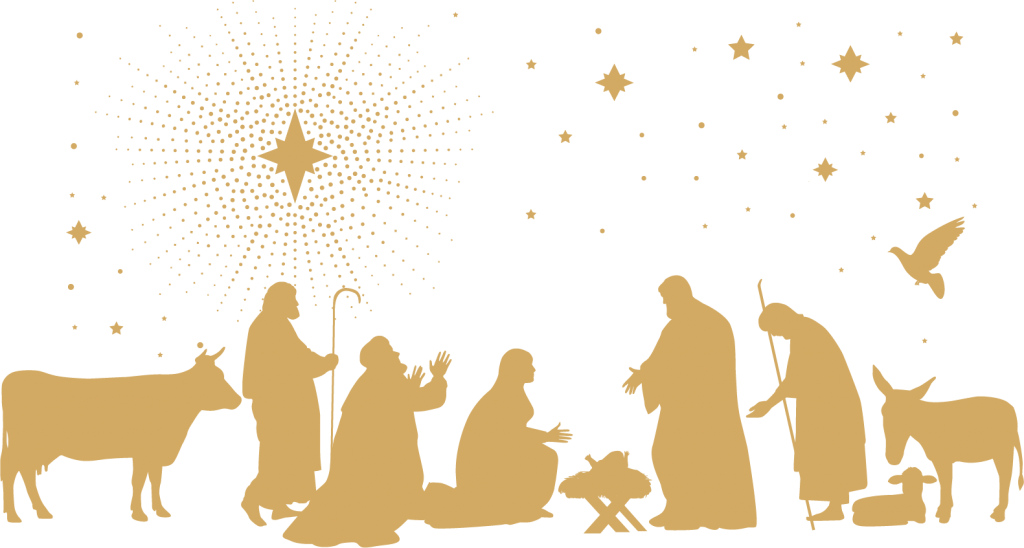
 ‘Let us love, not with words, but with deeds.’
‘Let us love, not with words, but with deeds.’